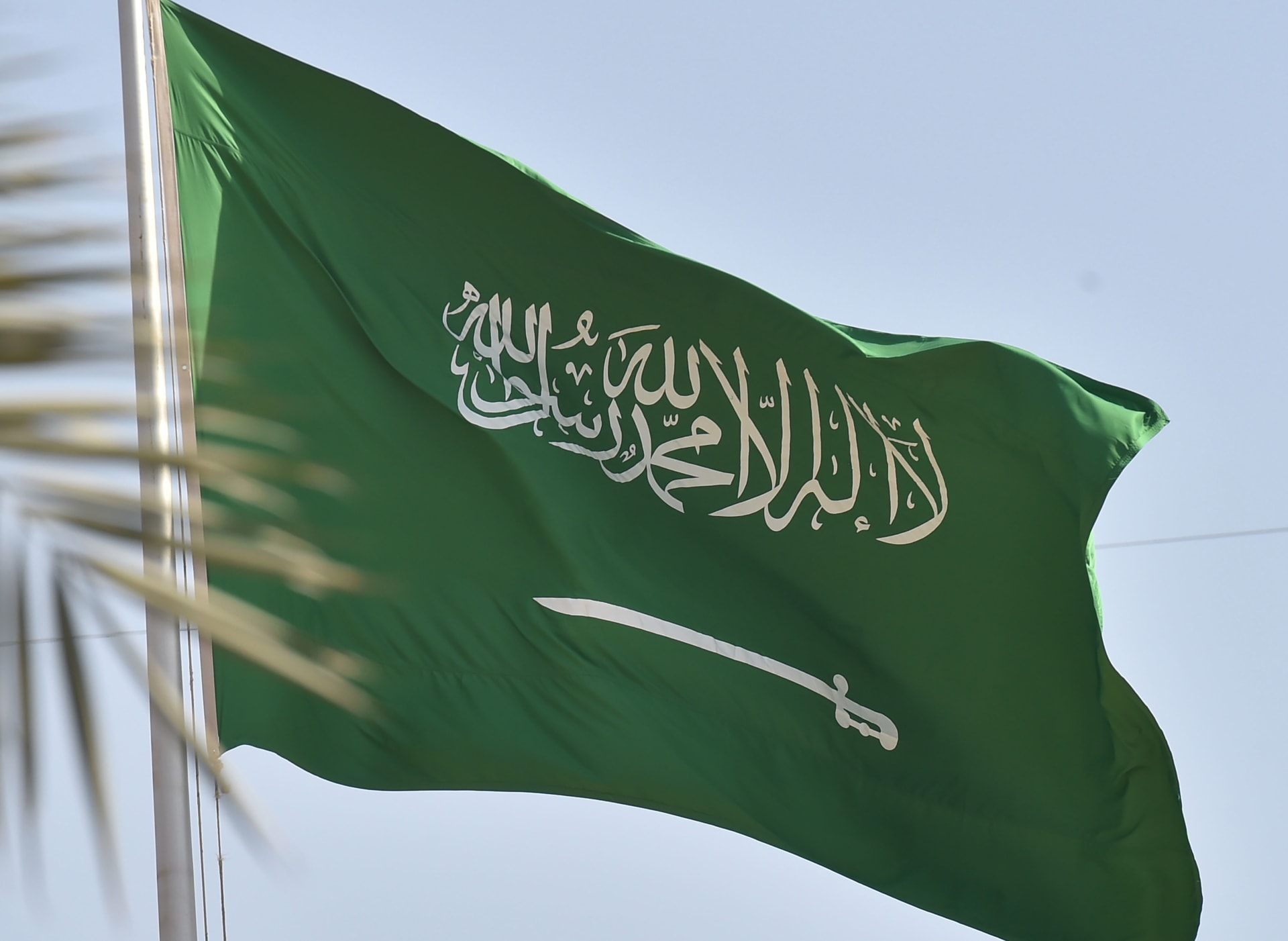[ad_1]
Flying directly from Tel Aviv to Saudi Arabia, the US president described the move as a historic moment for Arab-Israeli relations.
US President Joe Biden said that it will take “a long time” for normalisation between Saudi Arabia and Israel as reports hint towards a possible expansion of the Abraham Accords.
“That’s going to take a long time, but increasing their relationship in terms of the acceptance of each other’s presence, working together on certain things, it all makes sense to me,” the US leader told Israel’s Channel 12 on Wednesday.
Biden’s remarks came hours after his arrival to Tel Aviv as part of his first regional tour as president, where he is scheduled to meet Israeli officials.
The US leader is also set to meet Palestine’s President Mahmoud Abbas on Friday in Bethlehem, the occupied West Bank, in a bid to restart talks between the Israelis and Palestinians.
President Biden is scheduled to later attend a GCC+3—Jordan, Iraq, and Egypt—meeting in Saudi Arabia on Saturday that has already raised speculations over a potential Saudi agreement to normalise with Israel.
Egypt, Jordan, Bahrain, and the UAE have already established full diplomatic and trade relations with Israel. Qatar and Kuwait in particular have issued bold statements outlining their refusal to normalise with the occupying state on various occasions.
Qatar, Kuwait and Saudi Arabia have also expressed their commitment to the 2002 Arab Peace Initiative, adopted by the GCC in Beirut. The initiative stipulates that member states shall refrain from normalising with Israel until it fully withdraws from lands occupied in 1967.
Meanwhile, Axios reported on Wednesday that ‘gradual’ steps towards normalisation between Saudi Arabia and Israel are set to be announced over the weekend.
Three Israeli official sources told the American news outlet that Biden or Saudi officials including Crown Prince Mohammed bin Salman (MBS) will likely make the announcement.
“We can’t imagine the change in the region continuing without normalisation between Israel and Saudi Arabia and we are taking gradual steps towards that end,” one Israeli official told Axios.
Flying directly from Tel Aviv to Saudi Arabia, Biden himself alluded in a Washington Post opinion piece prior to his visit, that the unprecedented itinerary marks a historic moment for Arab-Israeli relations.
There have also been reports on an alleged Middle East alliance, dubbed the ‘Arab NATO’, comprising the GCC+3 as well as Israel. Under the alleged bloc, Israel, the only nuclear power in the region, would help the other members deter perceived threats by Iran.
However, the alliance was downplayed by officials, including Jordan’s King Abdullah II.
Analysts told Doha News that the mere presence of Israel in the bloc casts doubts on it taking shape.
“Qatar will not create a security partnership with the Israelis as long as the Palestinians issue is not being resolved,” said Dr. Andreas Krieg, assistant professor at the School of Security Studies at King’s College London.
Saudi-Iran talks
Saudi Arabia and Iran have also been holding talks to restore diplomatic ties, with the regional powerhouses holding four rounds of discussions last year and a fifth in April.
On Wednesday, Tehran’s Foreign Ministry spokesman Nasser Kanaani said Iran and Saudi Arabia are interested in holding more talks.
“Our conclusion is that the negotiations have been positive. Both sides are interested in a continuation of the meetings,” Iranian Foreign Ministry spokesman Nasser Kanaani told a weekly press conference.
Saudi Arabia severed ties with Iran in 2016 after the storming of the Saudi embassy in Iran following the execution of Shia cleric Nimr Al-Nimr.
However, experts believe that an anti-Iran alliance would not work in the region’s favour, even if they see Iran as a direct threat.
“An alliance against Iran is poised to significantly increase tensions with that country, and while this is something the Israelis welcome, many of the other countries have their tensions with Iran but are not necessarily looking to make conflict inevitable,” Dr. Trita Parsi, Executive Vice President at the Quincy Institute, told Doha News.
Red Sea islands
Meanwhile, reports stated that the US has been in talks with Israel, Egypt and Saudi Arabia over the transfer of the sovereignty of the Red Sea islands of Tiran and Sanafir from Cairo to Riyadh.
The US has reportedly been working on a framework that would enable the countries involved in the discussions to sign an agreement, without Saudi Arabia requiring to normalise with Israel.
Citing three Israeli official sources, Axios reported last month that diplomats and lawyers from Washington, Tel Aviv, Riyadh and Cairo were working on an agreement ahead of Biden’s regional visit.
Under the 1978 Egyptian-Israeli peace treaty, also known as the Camp David Accords, the islands were transferred to Egypt territories. In 2018, the Egyptian supreme court green-lighted a deal to transfer the islands to Saudi Arabia.
Israelis wanted to ensure that the agreement would still enable its ships to freely navigate through the islands.
“The trick here was how Saudi Arabia can sign an agreement with Israel without signing an agreement with Israel. There is no disagreement of substance,” a senior Israeli official told Axios.
[ad_2]

















Leave a Reply